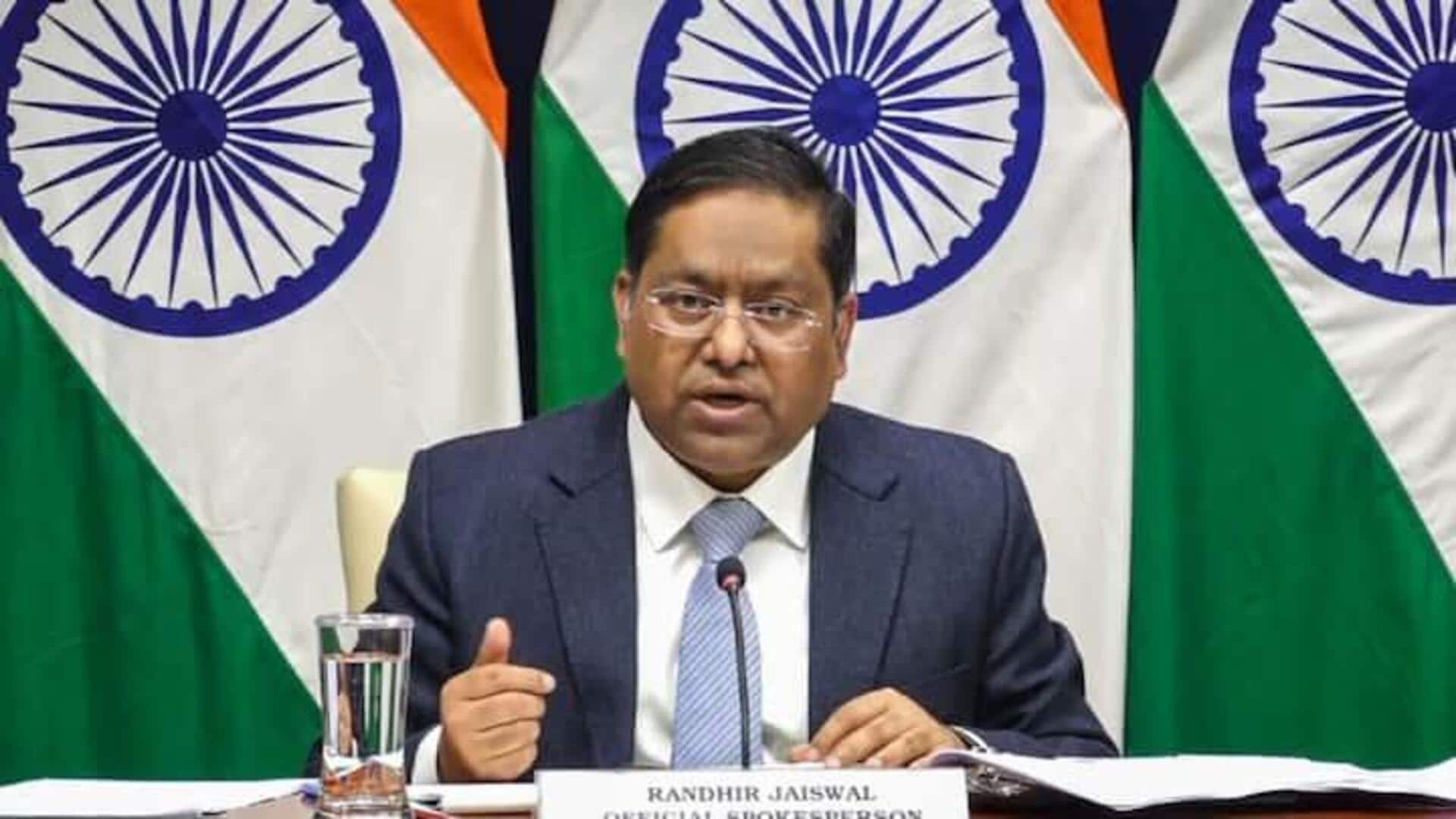
'Will have painful consequences': India warns Pakistan after nuke threat
What's the story
India's Ministry of External Affairs (MEA) has condemned Pakistan's recent anti-India rhetoric and warned of "painful consequences" if it continues. The warning comes after Pakistan Army Chief Asim Munir threatened that it would "take half the world down" if faced with an "existential threat" from India. "We are a nuclear nation. If we think we are going down, we'll take half the world down with us," he said at a dinner in the US.
Remarks
'Islamabad would be well-advised to temper its rhetoric'
Responding, MEA spokesperson Randhir Jaiswal said, "It is a well-known modus operandi of the Pakistani leadership to whip up anti-India rhetoric time and again to hide their own failures." He said there was a "continuing pattern of reckless, war-mongering and hateful comments" against India, warning that Islamabad "would be well-advised to temper its rhetoric, as any misadventure will have painful consequences, as was demonstrated recently."
Nuclear worries
Munir's remarks raise concerns over nuclear decision-making in Pakistan
During his speech, Munir had also criticized India's decision to suspend the Indus Waters Treaty and said this could put 250 million people at risk of starvation. He threatened to destroy any infrastructure India builds on Indus water channels with missiles. "The Indus River is not the Indians' family property... Humein missilon ki kami nahin hai, al-hamdulillah (We don't have a shortage of missiles, praise God)," he said.
Treaty tensions
Pakistan urges India to resume normal functioning of treaty
The situation has been further aggravated by Pakistan Prime Minister Shehbaz Sharif's statement on the Indus Waters Treaty. "If you threaten to hold our water, keep in mind...you cannot snatch even one drop of Pakistan's share. If you try, you will be taught a lesson that will leave you holding your ears," he said. The treaty, brokered by the World Bank in 1960, gives India control over Beas, Satlej and Ravi rivers, while Pakistan controls Indus, Jhelum and Chenab rivers.